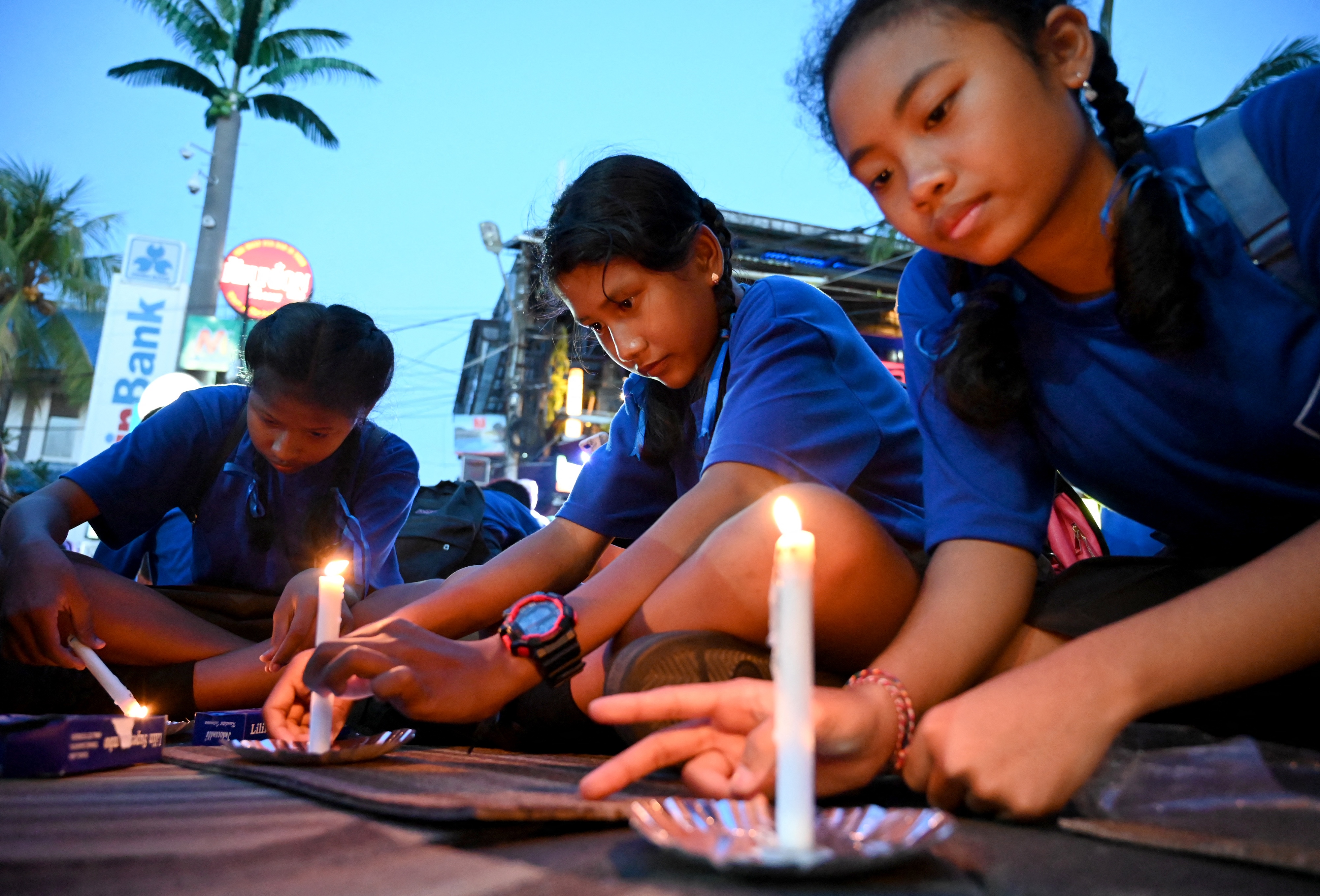
Australia’s newly elected Prime Minister Anthony Albanese has said Indonesia’s decision to further reduce the prison sentence of a man jailed for his role in the 2002 Bali bombings, which could free him within days if he is granted parole, is upsetting.
Umar Patek was handed a 20-year jail sentence by an Indonesian court in 2012 after he was found guilty in connection with the blasts that ripped through two Bali nightclubs, killing more than 200 people from at least 20 different countries, and leaving hundreds injured.
The most recent reduction of Patek’s sentence means Patek, a member of the al-Qaeda-linked hardline group Jemaah Islamiyah (JI), could be released on parole ahead of the 20th anniversary of Indonesia’s deadliest bombings in October.
“This will cause further distress to Australians who were the families of victims of the Bali bombings,” Prime Minister Anthony Albanese told Australian broadcaster Channel 9 on Friday. “We lost 88 Australian lives in those bombings.”
Albanese said he would continue making “diplomatic representations” to Indonesia about Patek’s sentence and a range of other issues, including Australians currently jailed in Indonesia. Albanese described Patek as “abhorrent”.
“His actions were the actions of a terrorist,” Albanese told Channel 9. ”They did have such dreadful results for Australian families that are ongoing, the trauma which is there.”

Indonesia often grants sentence reductions to prisoners on important holidays such as the nation’s Independence Day, which was on Wednesday.
Patek was given a five-month reduction on Independence Day for good behaviour and could walk free this month from Porong Prison in East Java province if he gets parole, said Zaeroji, who heads the provincial office for the Ministry of Law and Human Rights.
Patek, who was arrested in Pakistan in 2011 and convicted by an Indonesian court a year later, became eligible for parole on August 14.
Zaeroji, who goes by a single name, said Patek had the same rights as other inmates and had fulfilled legal requirements to get sentence reductions.
“While in the prison, he behaved very well and he regrets his radical past which has harmed society and the country and he has also pledged to be a good citizen,” Zaeroji said.
In 2021, the former spiritual leader of JI, Abu Bakar Bashir, was freed from prison in Indonesia after serving two-thirds of his 15-year sentence, and securing remission for ‘good behaviour’.
The decision on Patek is still pending, Zaeroji said, and if refused he could remain behind bars until 2029.
Indonesia sentenced three of the main perpetrators of the Bali bombings to death and executed them in 2008. A fourth, Ali Imron, was given a life sentence after he apologised and expressed remorse.
Another suspect, Encep Nurjaman, better known as Hambali, has been held by the United States in Guantanamo Bay for 16 years
Earlier this year, Aris Sumarsono (whose real name is Arif Sunarso but is better known as Zulkarnaen) was sentenced to 15 years in prison. He was caught in 2020 after 18 years on the run, and was also wanted over the 2003 bombing of the JW Marriott hotel in Jakarta that killed 12 people.
With the help of Australia and the United States, Indonesia set up an elite police unit called Densus 88 in the wake of the Bali attacks, and JI has been weakened significantly.
However, other groups, such as Jamaah Ansharut Daulah (JAD), have become increasingly prominent. JAD was banned in 2018 after a series of suicide bombings.







